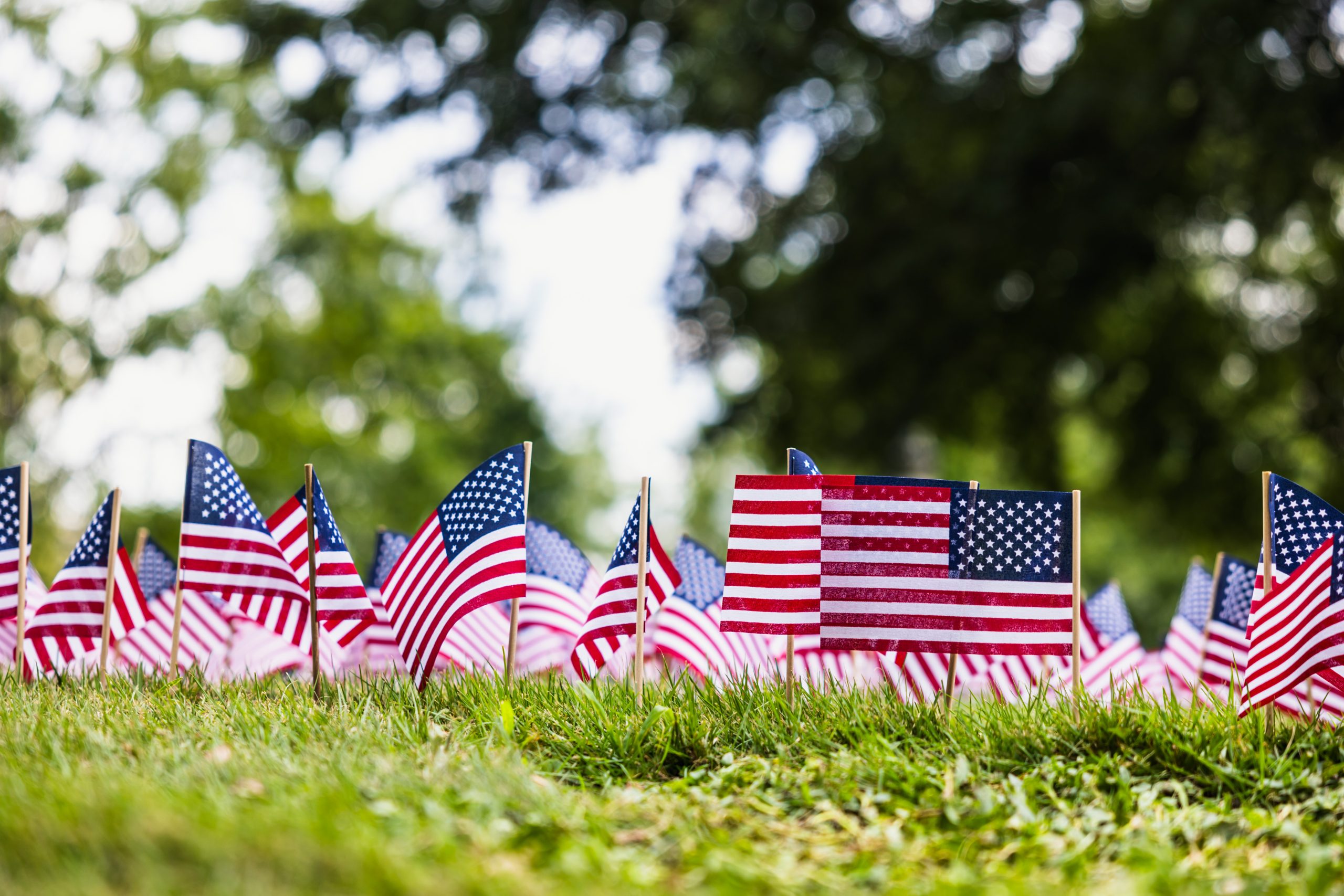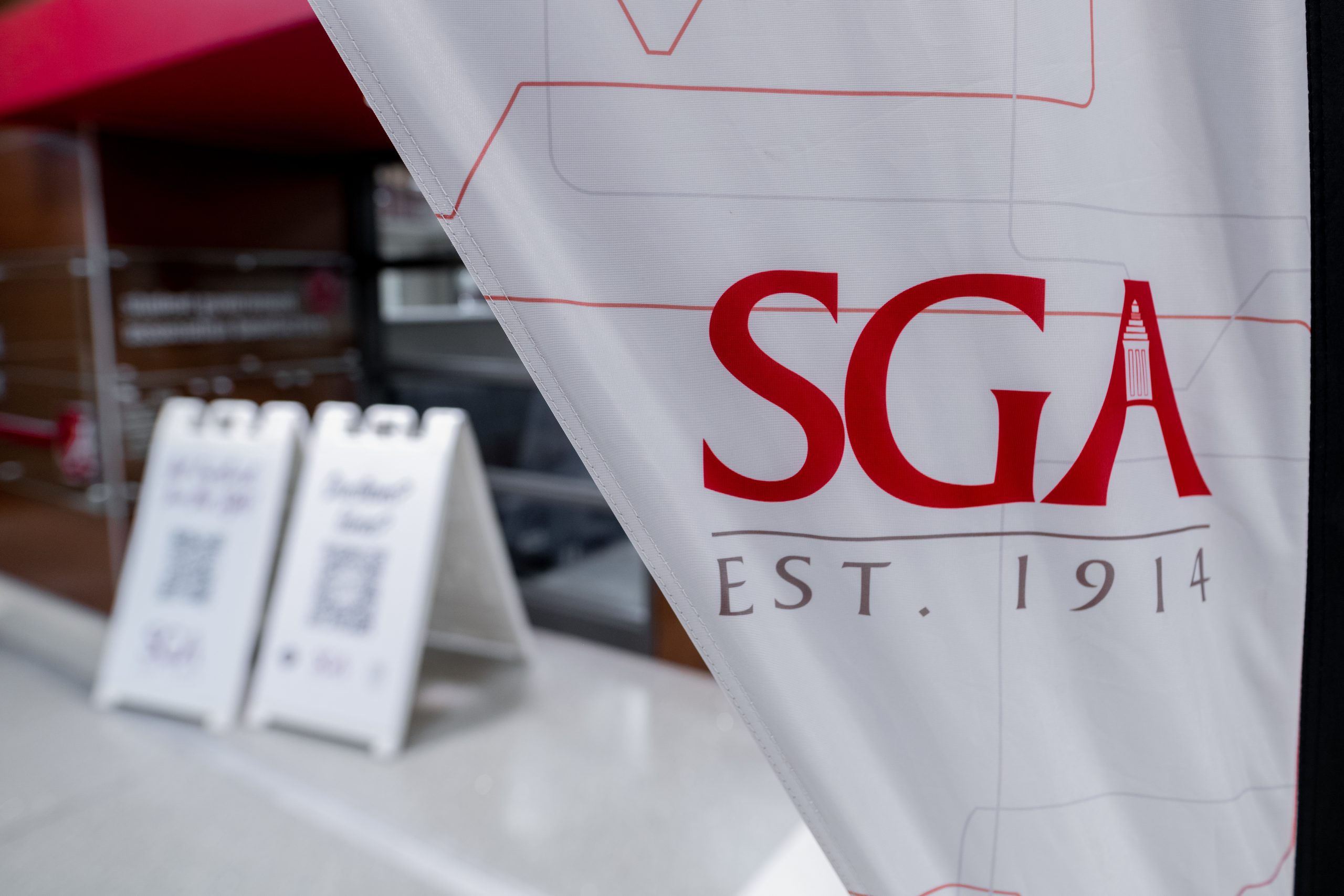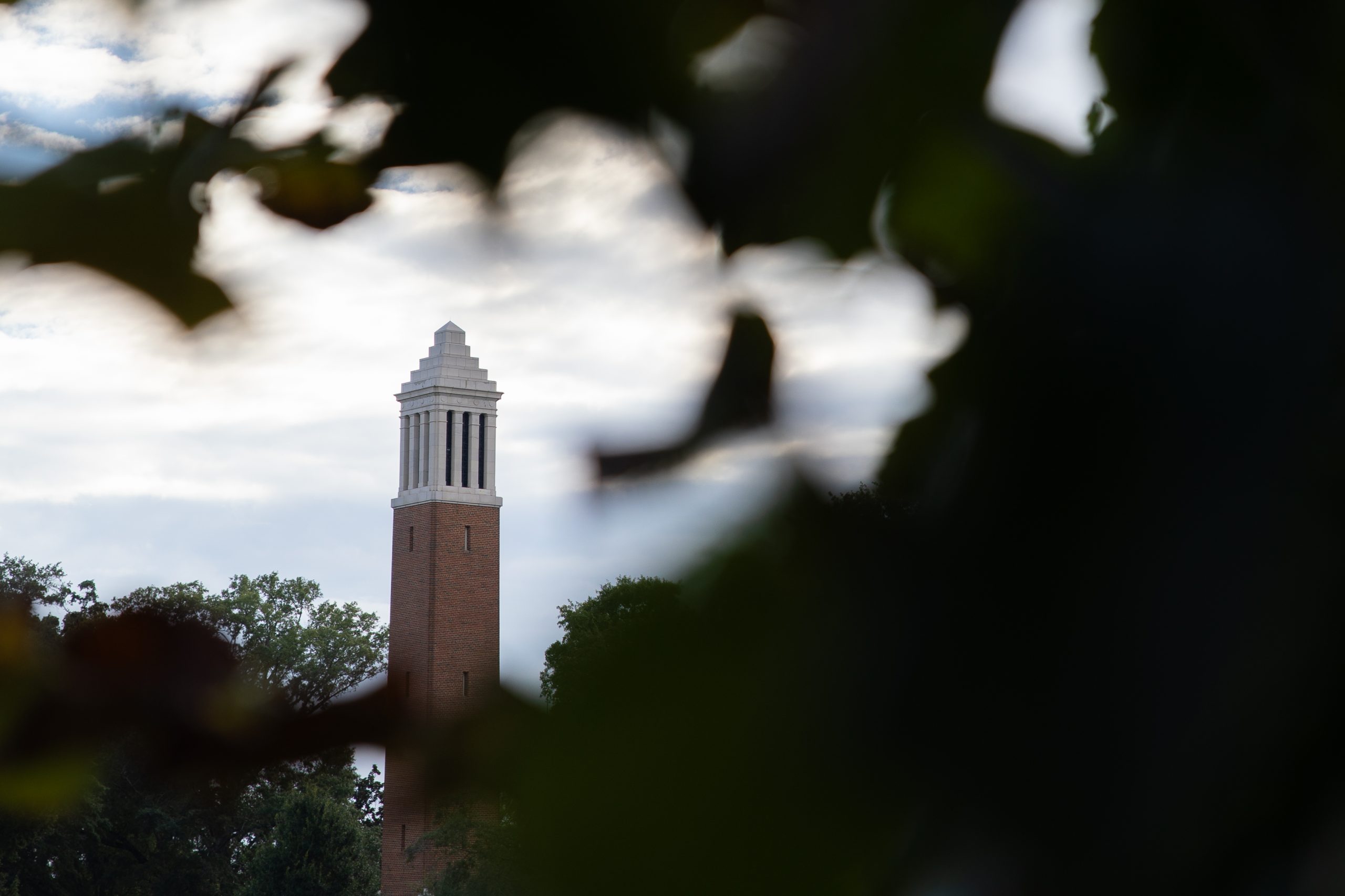Greek system is good for everyone
November 1, 2018
Recently, it’s hard to escape the pessimistic coverage of fraternities and sororities. In this month alone, The University of Oklahoma, Wake Forest University, Ball State University, Dartmouth College and East Carolina University have each closed one or more fraternity chapters on their campuses.
Capitalizing on the spectacle of Supreme Court Justice Brett Kavanaugh’s appointment, outlets like the New York Times, The Washington Post and The Atlantic have taken the opportunity to caricature Greek life in the most negative light possible, as if fraternities and sororities transform young men and women into “Animal House”-style alcoholics hell-bent on wreaking havoc on their campus communities.
Since the alcohol-related deaths of new fraternity members at Penn State University and LSU, the outlook has been perpetually pessimistic, with many people starting to question the very existence of Greek organizations.
While problems within Greek organizations deserve attention, it’s important to separate the individual failings of independent organizations from the positive impact and opportunities that the Greek system provides for the University of Alabama.
Just ask LifeSouth.
A community-based blood supplier for hospitals in Alabama, Florida and Georgia, LifeSouth is literally a life-saving charitable organization. For multiple philanthropy events this semester, UA fraternities and sororities organized blood drives with LifeSouth at a time when the blood bank desperately needed donors.
During one of these events, over 200 units of blood were collected and over 200 people were registered. LifeSouth has even stated that it relies on its partnership with fraternities to keep donations at acceptable levels in Alabama.
This epitomizes how Greek organizations can uniquely organize students into a collective to make a positive impact on the UA community and beyond.
In the same spirit, the fraternity Delta Kappa Epsilon has required its new members this semester to spend at least one day each week volunteering at Regency Retirement Village or the Community Soup Bowl. So far, each new member is averaging three to four hours per week serving the greater Tuscaloosa area.
Through their charity event Walk a Mile in Her Shoes, Alpha Chi Omega annually partners with many UA fraternities to raise money and awareness for victims of domestic violence. Again, the coordination required for such a large-scale charity event is made possible by the Greek system.
There are far too many Greek-led charitable initiatives to acknowledge them all, but the consistent theme is that fraternities and sororities amplify the effect individual students can have on campus. Whereas it is challenging for one student to arrange an entire blood drive, organize community service campaigns or host a charity fundraiser, it is completely feasible for a fraternity or sorority to do so.
Ultimately, fraternities and sororities are composed of students like any other organization, and it is up to them to determine the culture within their own house. Moving forward, we should require fraternities and sororities to continue to prove their worth to the campus community, but it is equally vital that we judge Greek organizations individually without broadly condemning or blindly supporting any of them.










